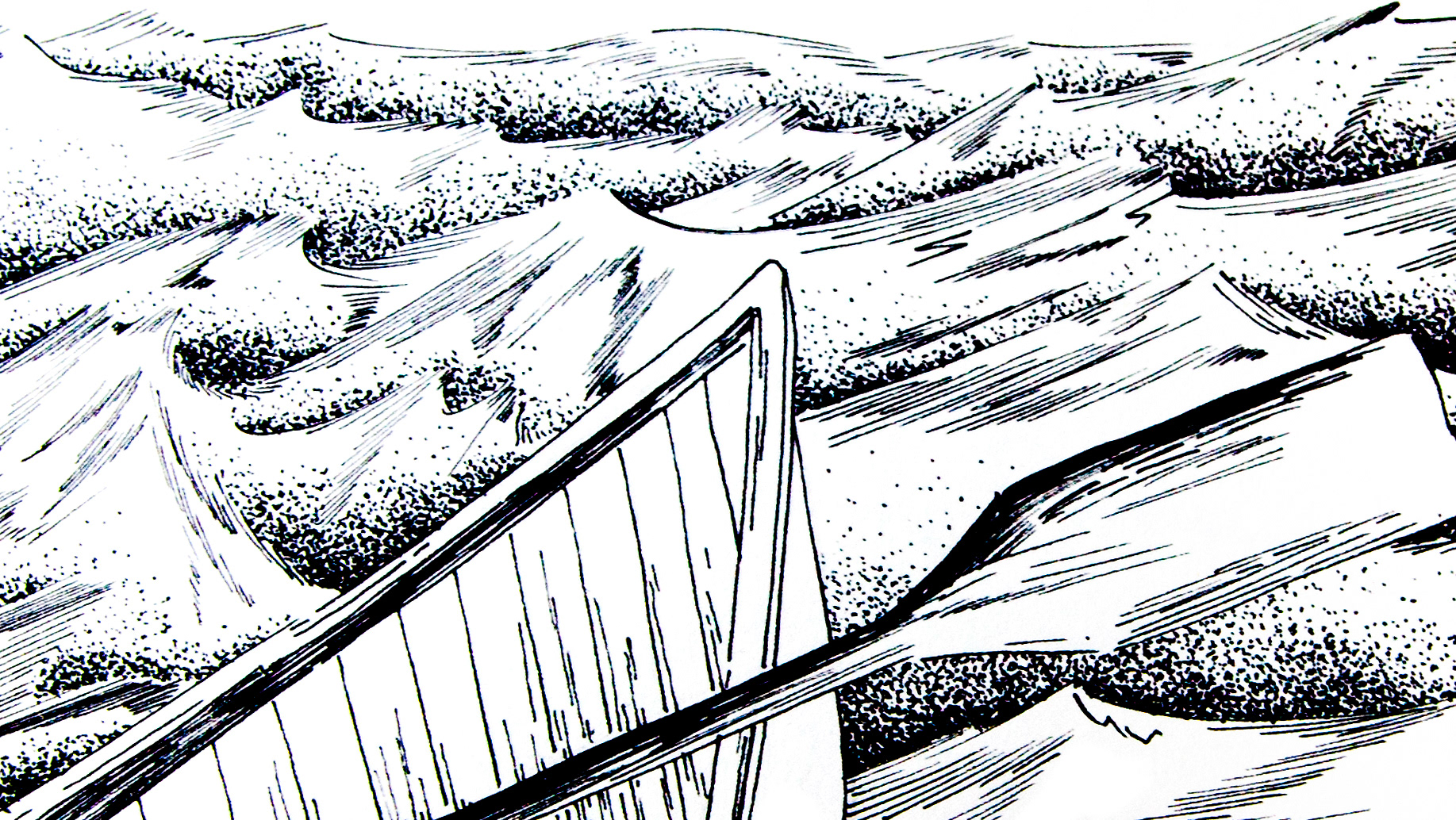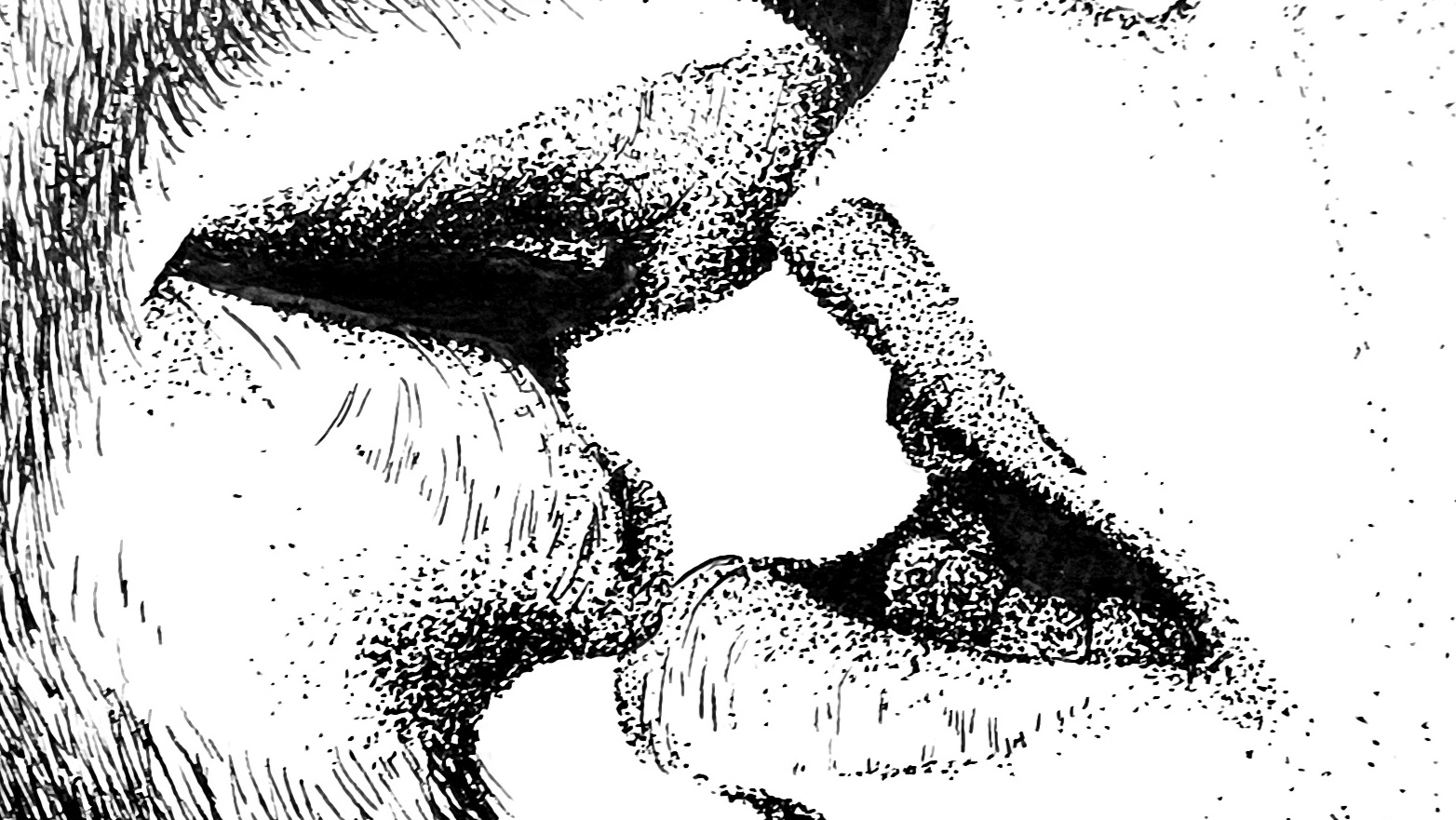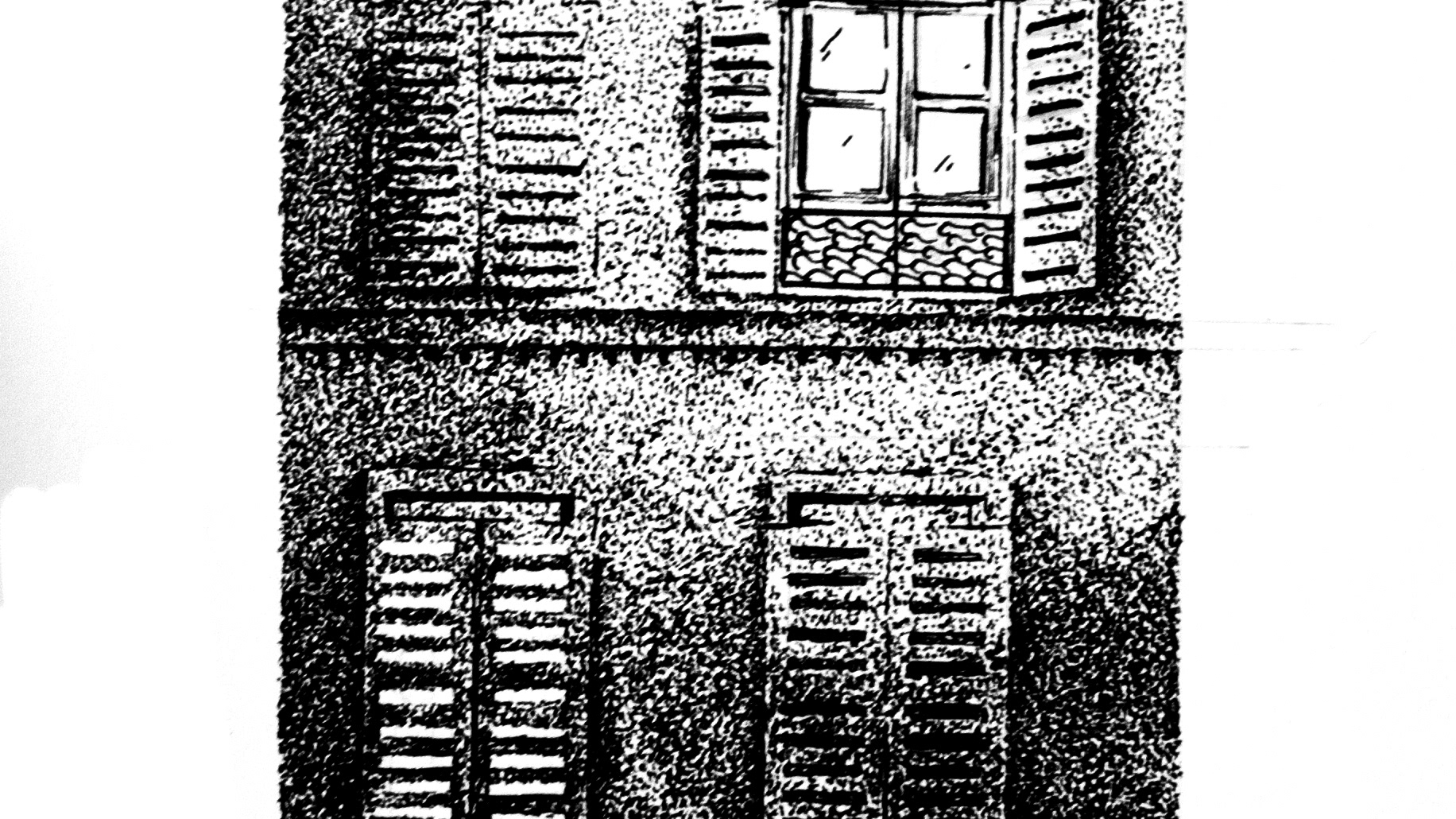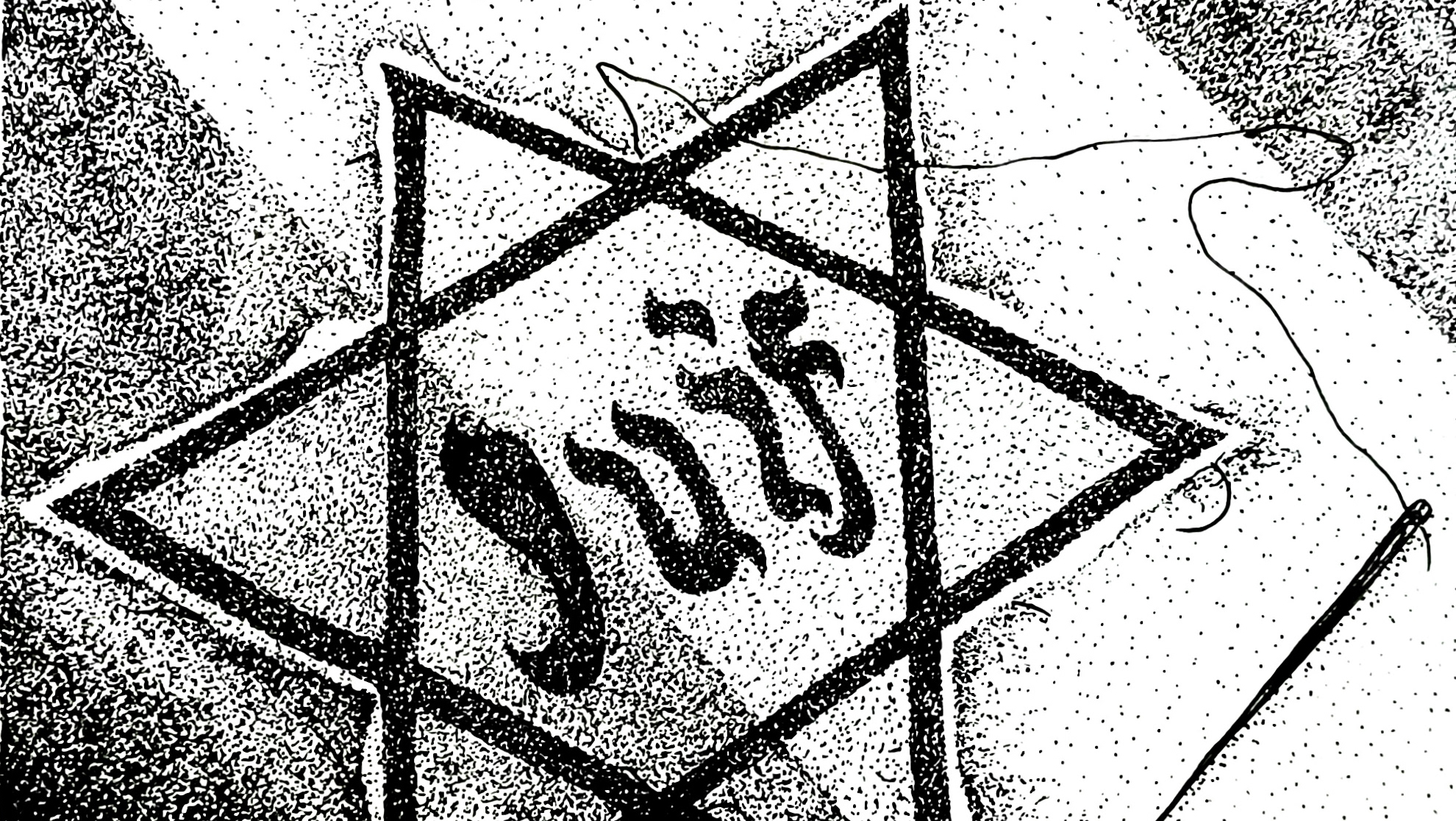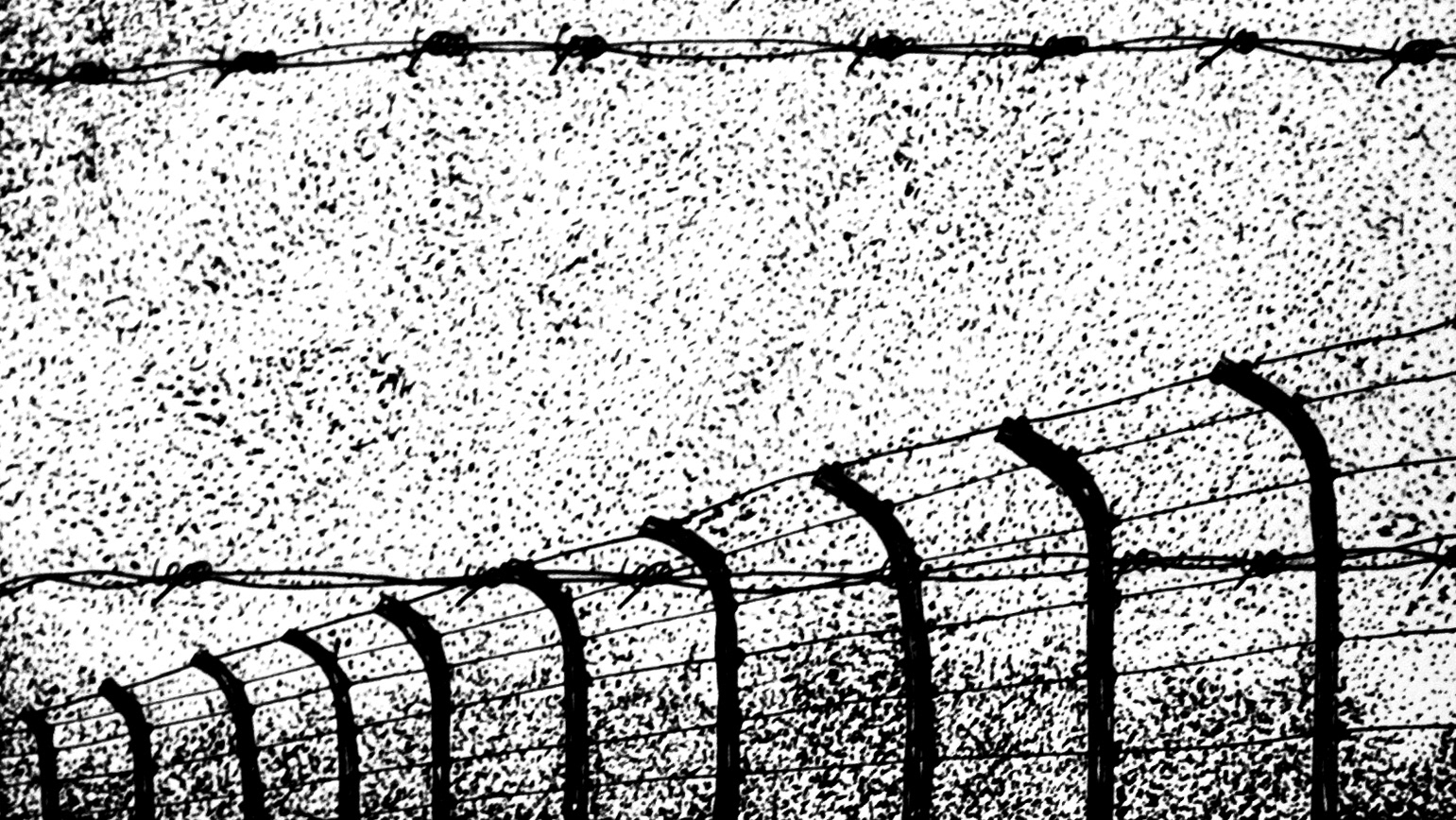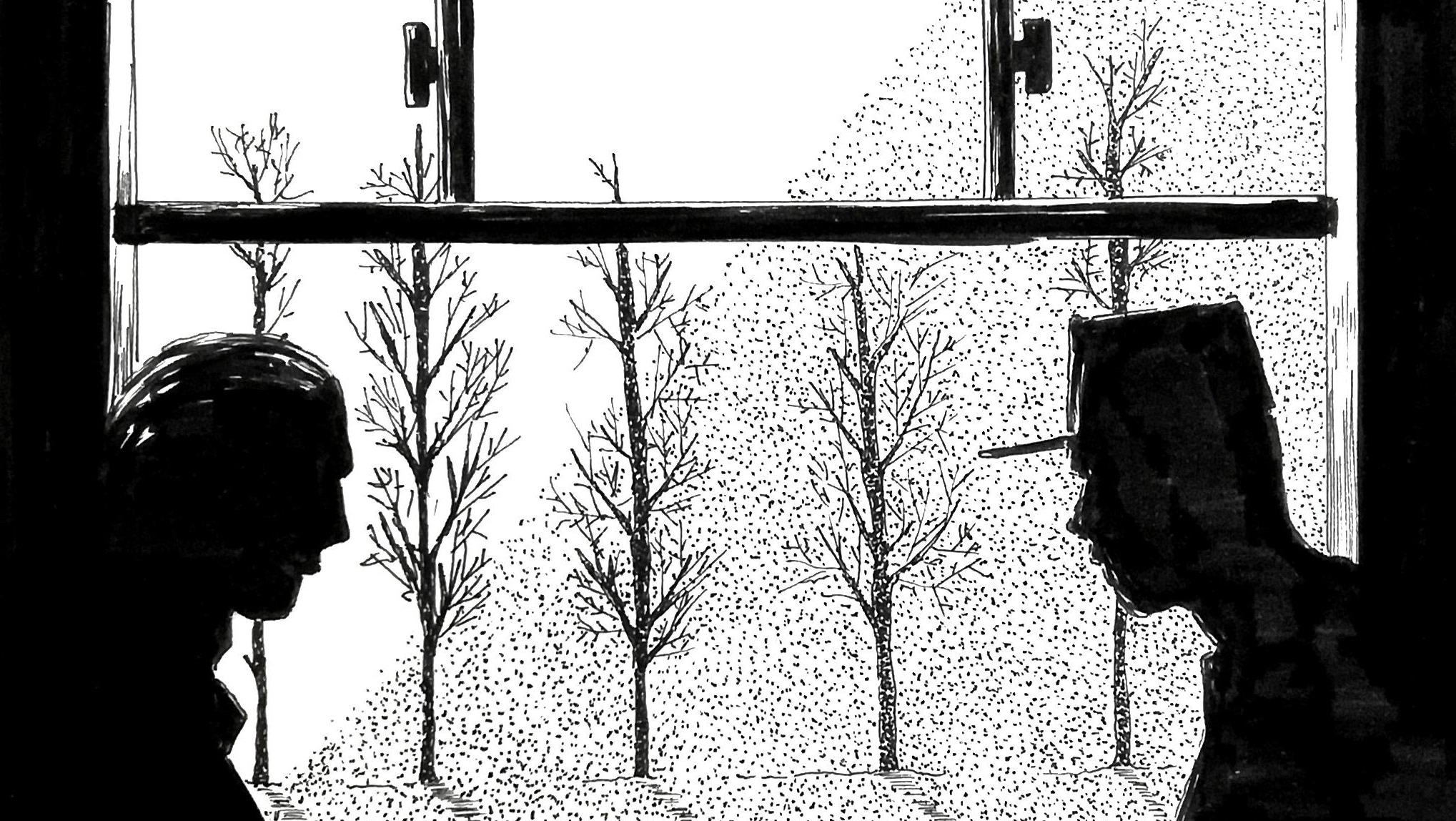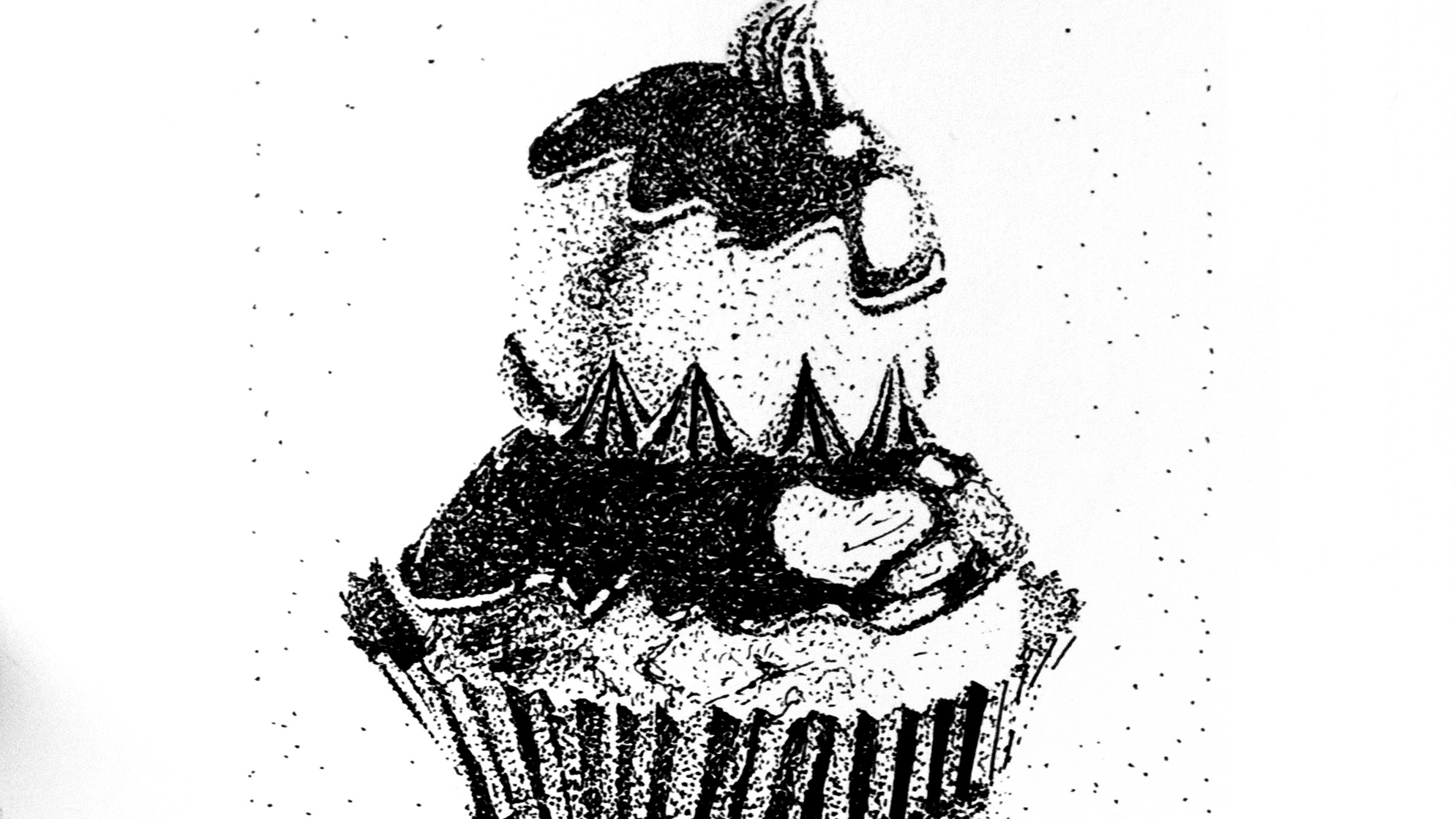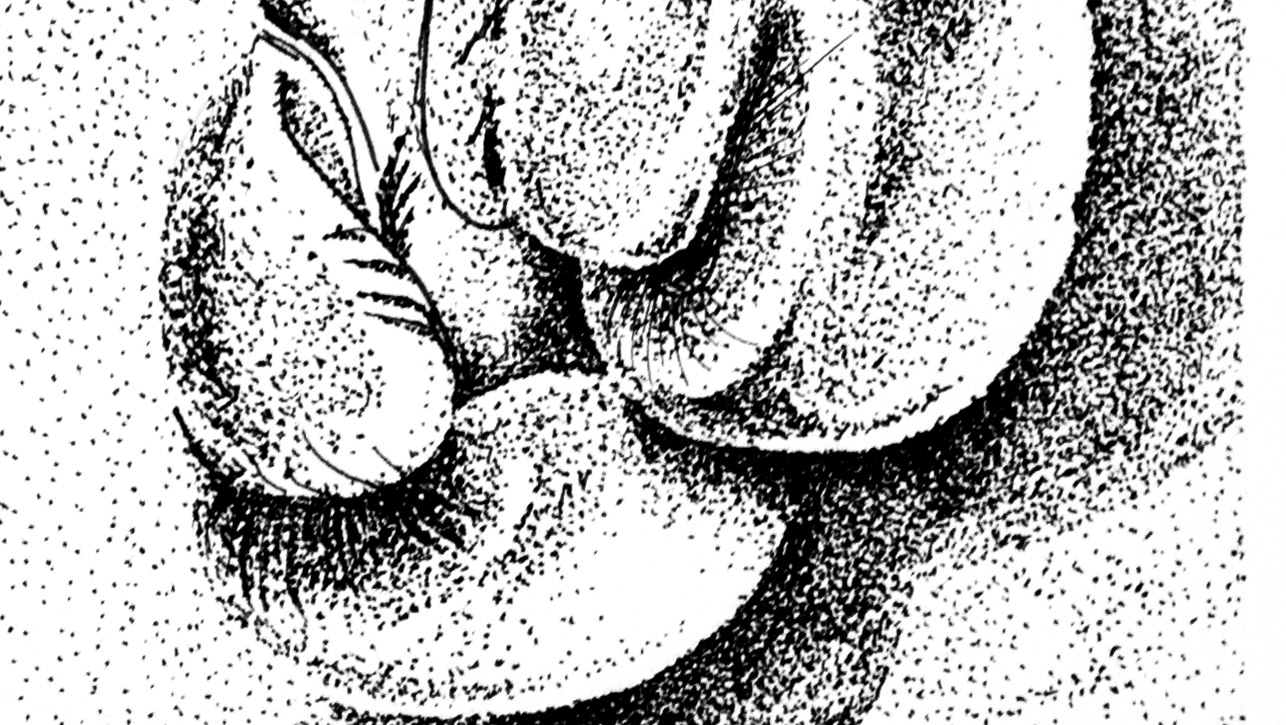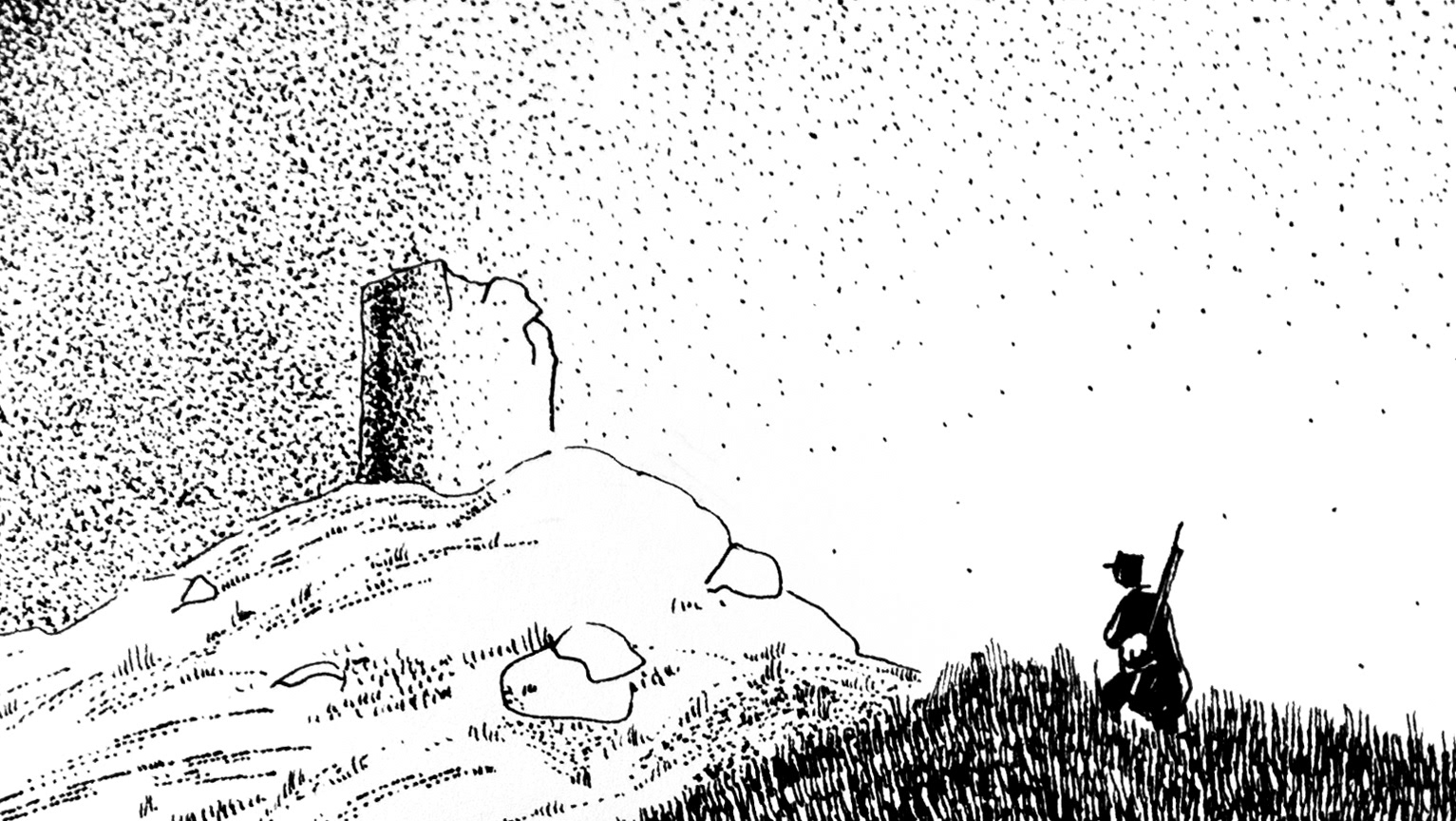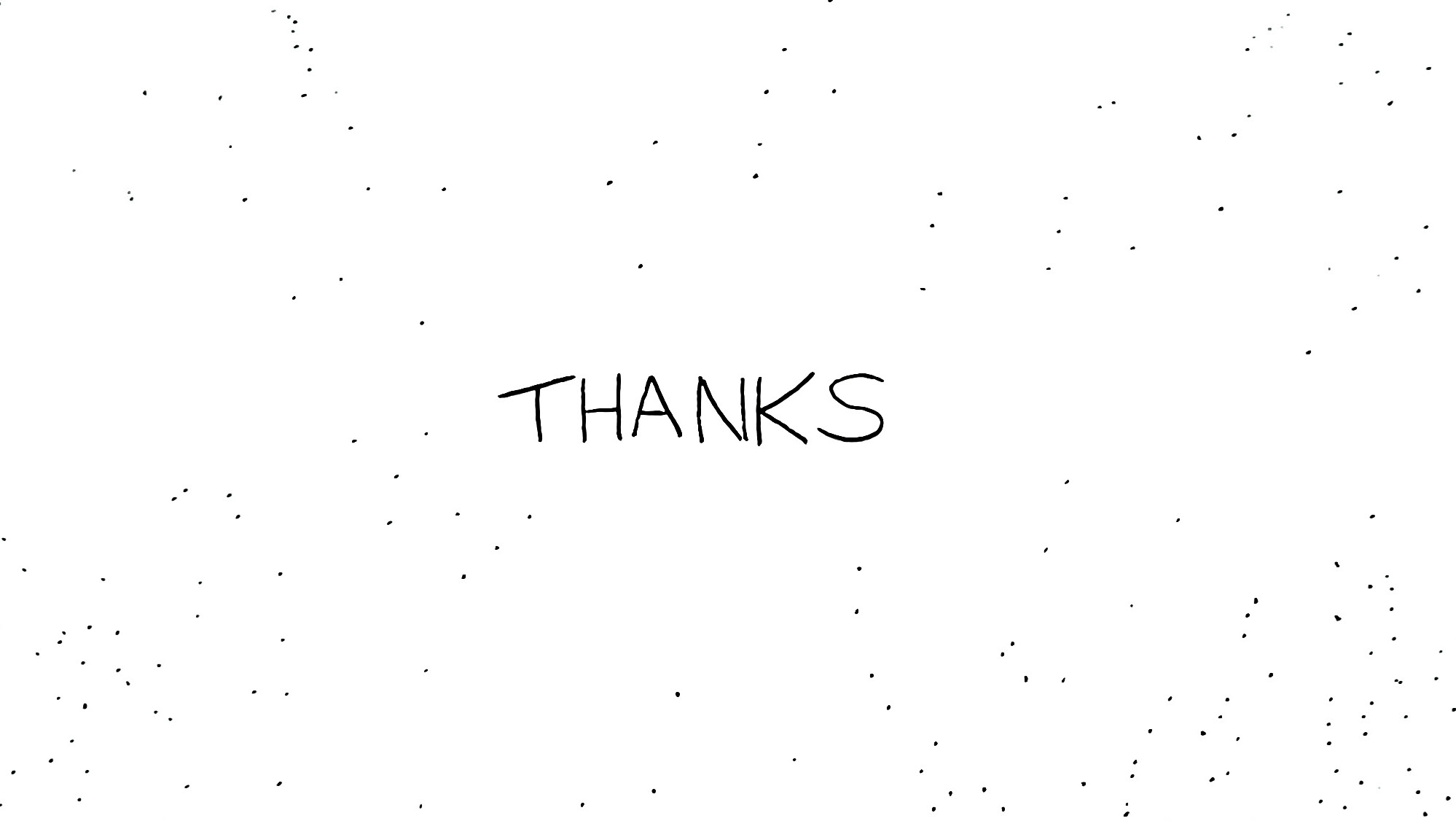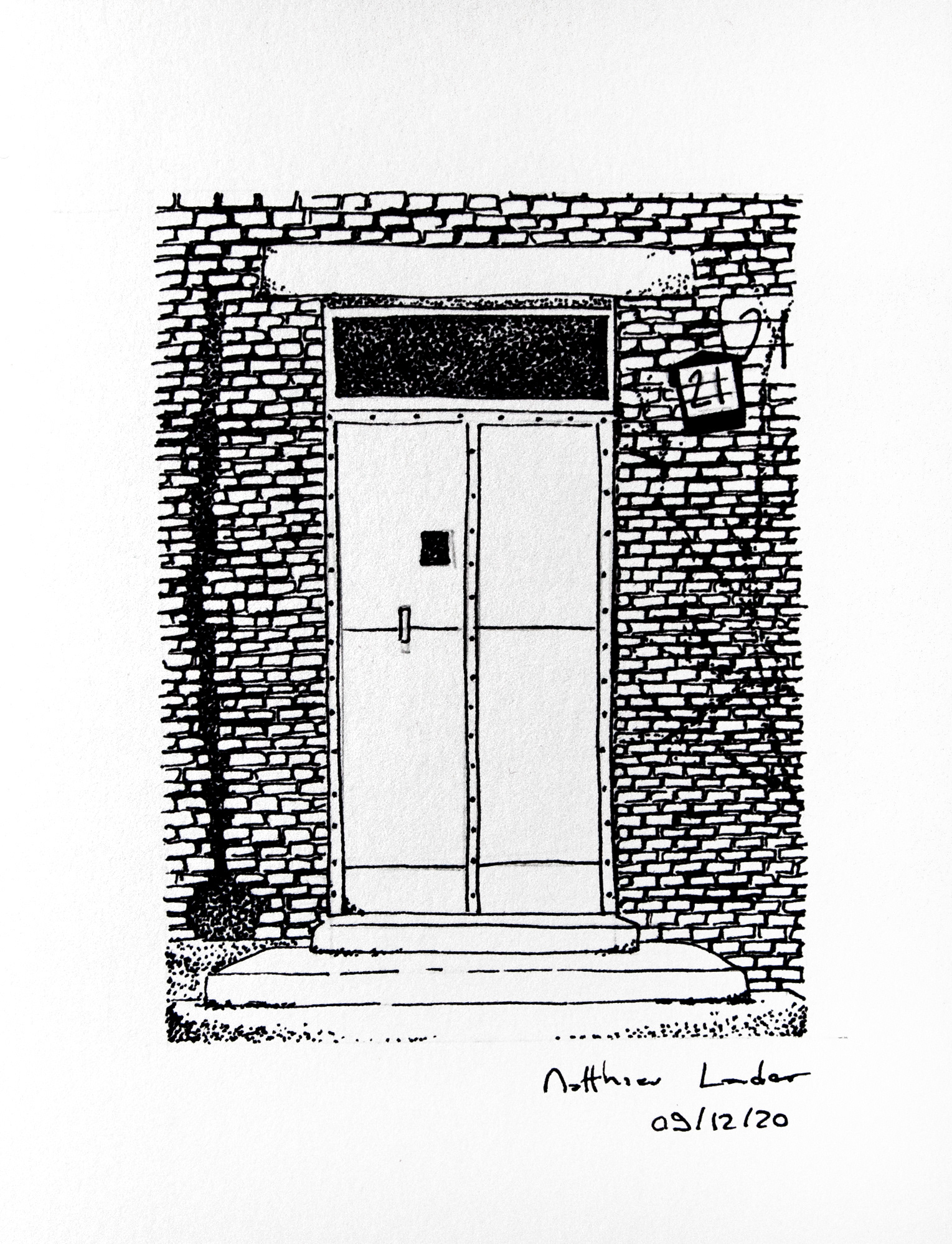
block 21
Today is a day in August, maybe September 1942, Roland has no idea what day it is. Exhausted, he decides to stop working and joins the wounded to the Revier.
"Whatever happens, don't go to the infirmary! Avoid it at all cost! The Revier is not a place to rest, it's a place to die. ", so Roland has been told.
There is a line in front of the Revier, everyone waits for his turn to get in, while a guard mocks whoever shows up. Sometimes, a truck comes in, the guard selects a few and they join the other people in the truck, never to be seen again. Sometimes the guard would tell someone in the line he doesn't look sick enough, so he would order him to go back to his kommando. But Roland gets in the Revier.
Roland was born in 1920 in Le Havre, one of the biggest port in Normandy, north center of France. Roland was a proud fisherman, jumping from a crew to another whenever he was needed. He wasn't a communist, yet he was syndicated, like everyone was in this city. Le Havre fought a lot in the thirties to gain better working rights and conditions.
Roland's brother died on the 15th of May 1940, Roland was devastated. He hated the german, yet Roland had a wife and daughter, he wasn't fond of the german army, but he had to make ends meet, he had to find work. France had lost the war, brutally, it seemed clear that Germany would occupy the country for years. Maybe, if everyone was patient, the german troops would eventually leave, maybe things would be back to normal in the future. But in the meantime, you had to be pragmatic.
Back in Auschwitz, Roland is inside the Revier. There is nothing reassuring about this place. Sure there is more space to sleep than inside the blocks, sure you don't work anymore at exhausting jobs. But the Revier is an infirmary without the tools, only bandages and a little bit of water. The Revier is too small a place for this many wounded people, ideal for any epidemic to spread, and typhus has arrived a couple of weeks ago to Auschwitz. Roland wishes to rest and get rid of his dysentery, but he's sitting next to a man with typhus, Roland's chances to be infected just multiplied by ten.
A year earlier, Roland was working as a fisherman and his main client was the german army. On the 23rd of February 1942, as a colonne of german soldiers was walking nearby the Arsenal place, a man threw a bomb at them, injuring two. The thrower got away, the german army was furious.
Hostages was the answer. If the germans can't catch anyone, then they'll arrest anybody. Jews were always the first hostages, then came the communists, then their families. And sometimes, bystanders.
Roland was arrested on the 24th of february, he was waiting for his bus to go to work, nearby the Arsenal place. There was no other reason for his arrestation than him standing there, at the wrong time, at the wrong moment.
Back in Auschwitz, Roland is not getting better. He is getting some rest but nearly not enough food, even less than outside the Revier. The administration clearly doesn't believe their wounded will eventually get better. If one looks too sick, the doctors injects phenol in the heart, and one shuts down forever, as it happened to some of the 45000, like Paulin Coutelas or many more,... On the other hand, if you don't look sick enough, they throw you out. Roland is a little luckier than others, he gets to stay in the Revier.
From february to July 1942, Roland was in jail, as a hostage, scared about how his family would manage without his income. Roland's wife was worried too, so were Roland's friends and coworkers. They all wrote letters to the town hall, to the prefect, insisting on Roland's innocence. He was a good worker, a good friend, a good husband, a good father, his place was in Le Havre, not a prison. The prefect himself contacted the german administration, startled by the arrestation of Roland. But once you have been arrested by the german authorities, there is almost no way to get out of it.
Now Roland is hoping to get better at the Revier. After a few days where he thought he would, his health is deteriorating again. Maybe he was too tired, maybe the typhus has reached him, he isn't sure.
Roland might stay there for longer, much longer. He hears stories of selections, disappearances, desinfections, he does not know what it means.
Notes
Thank you very much for listening of this episode of 31000/45000, the story of 2 trains of french members of the resistance. This episode was about Roland Lebel and the Revier.
Roland Lebel was arrested because he was nearby an attack against german soldiers, he was literally a bystander. I don't mean to say that all the other 45000 were guilty, they weren’t, I only mean to say that some 45000 like Roland Lebel were arrested at random, the 45000 were not all members of the communist party.
Many people tried to get Roland out of prison, his family, his friends, colleagues, even the prefect, the french administration, sent letters but none of those tries succeeded. It means that sometimes, despite even the best efforts of the french administration, when someone is arrested by the german authorities, it gets increasingly difficult to free that person. Despite the affirmation from the Vichy regime that France was still sovereign, France truly was occupied by another army, and this was one of the consequence.
I made many assumptions about Roland, I assumed he was sad his brother died, that he hated the germans yet chose to work to make ends meet and help his family, I assumed he was scared while in prison. I don't have any way of proving those elements.
I want to give you a few more informations about what is referred to as the Revier, or rewir, the infirmary. Well, those were not really infirmaries, more the appearance of medical care. Whenever a patient was too sick, he would either be selected to the gas chambers or be injected with phenol, so this is clearly the most disturbing way to treat someone. Patients would lay on paper pads, either naked or with their clothes, and stay laying, untreated. Infections would spread, epidemies actually thrived in those places, and the patients were actually given less food and water than in the kommandos, so some patients could easily starve or go delirious. Those infimaries were just facades, doctors were not really there to treat you. Those were places of extermination, just like the camp was.
Yet, with the expansion of the camps, more infirmaries would open. So when I mention the revier, it could refer to the revier of Auschwitz, or Birkenau, ot the women revier, or the experiment blocks, those were all different places and not just one unique location.
The infirmaries were places where many 45000 perished. I mentioned Paulin Coutelas in this episode, who died there, many more 45000 will unfortunately die there as well.
Reviers were fake infirmaries, and as such, they produced fake death certificates. they didn’t write down that they killed their patients and they instead camouflaged those deaths. This makes it sometimes hard to actually know why and when some patients died. The documentation is voluntarily misleading.
I have been trying to find Roland Lebel’s relatives, unfortunately, my research was unsuccessful. If by any chance, you know of someone related to Roland Lebel, please let me know, I would be very pleased to get in touch and make sure the text I wrote doesn’t contain any errors.
My sources for this story are the book red triangles in Auschwitz, by Claudine Cardon Hamet, the website deportes-politiques-auschwitz.fr, memoire vive and the foundation for the memory of deportation website and the fantastic website auschwitz.org .
This is it for today, thank you very much for your attention,the next episode will be about Antoine Corgiatti and the escapes at the camp.
